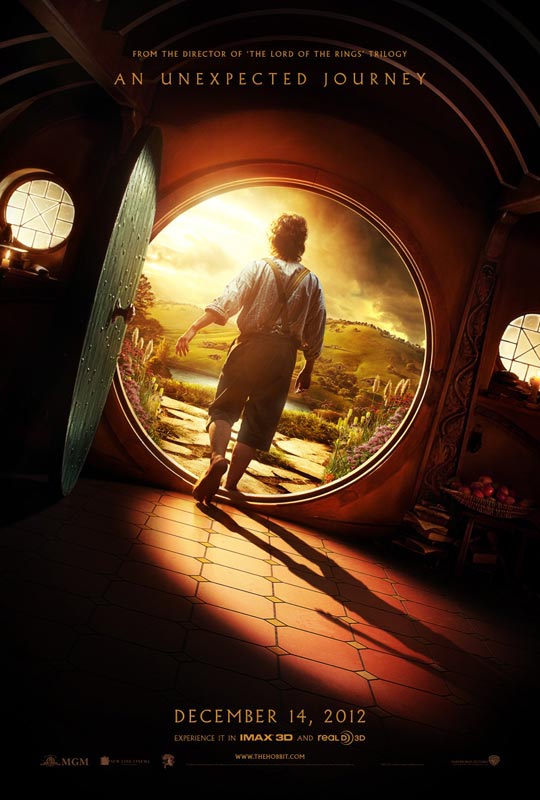IN ACCOUNTS OF 20TH-CENTURY LITERARY movements and happenings, the 1950s is often ignored. Yet this decade, viewed as a quiet time in English literature, birthed three of the greatest-ever series: Mervyn Peake’s Gormenghast trilogy was completed, as was JRR Tolkien’s Lord of the Rings. And CS Lewis’s Chronicles of Narnia, seven volumes, topped them all.
All three writers are still read today (Tolkien topped a BBC poll of most popular author of the century, possibly a result of the success of Peter Jackson’s films) but it is undoubtedly Lewis who has attracted the most controversy, both over his personal life and his writing. This unassuming Oxford don – he liked nothing better than a pint in the evening at the pub with some sympathetic colleagues and fellow writers – has been called a fake and a phoney, a promoter of sexism and racism. The attacks have been renewed with the arrival of The Lion, the Witch and the Wardrobe in cinemas and the publication of a new biography, CS Lewis: The Boy who Chronicled Narnia, by Michael White (Abacus, £10.99).
Since the 1988 publication of academic Kathryn Lindskoog’s study, The CS Lewis Hoax, which asserted that “much of what has been published by or about Lewis since his death has been fabricated”, referring partly to Lewis’s posthumous 1977 publication, The Dark Tower, Lewis’s literary legacy has been under threat. AN Wilson’s 1990 biography of Lewis pilloried Lindskoog’s claims, but the damage had already been done. Then, in 2001, celebrated children’s author Philip Pullman launched an unprecedented attack on the use of Christianity in Lewis’s Narnia, the series of books that see four siblings, Peter, Susan, Edmund and Lucy, step through a wardrobe from our world into a parallel one, where they are guided by the lion Aslan: “It’s not the presence of Christian doctrine I object to so much, so much as the absence of Christian virtue,” he told an audience at a literary festival. “The highest virtue, we have on authority of the New Testament itself, is love, and yet you find not a trace of it in the [Narnia] books, a peevish blend of racism, misogynistic and reactionary prejudice.”


